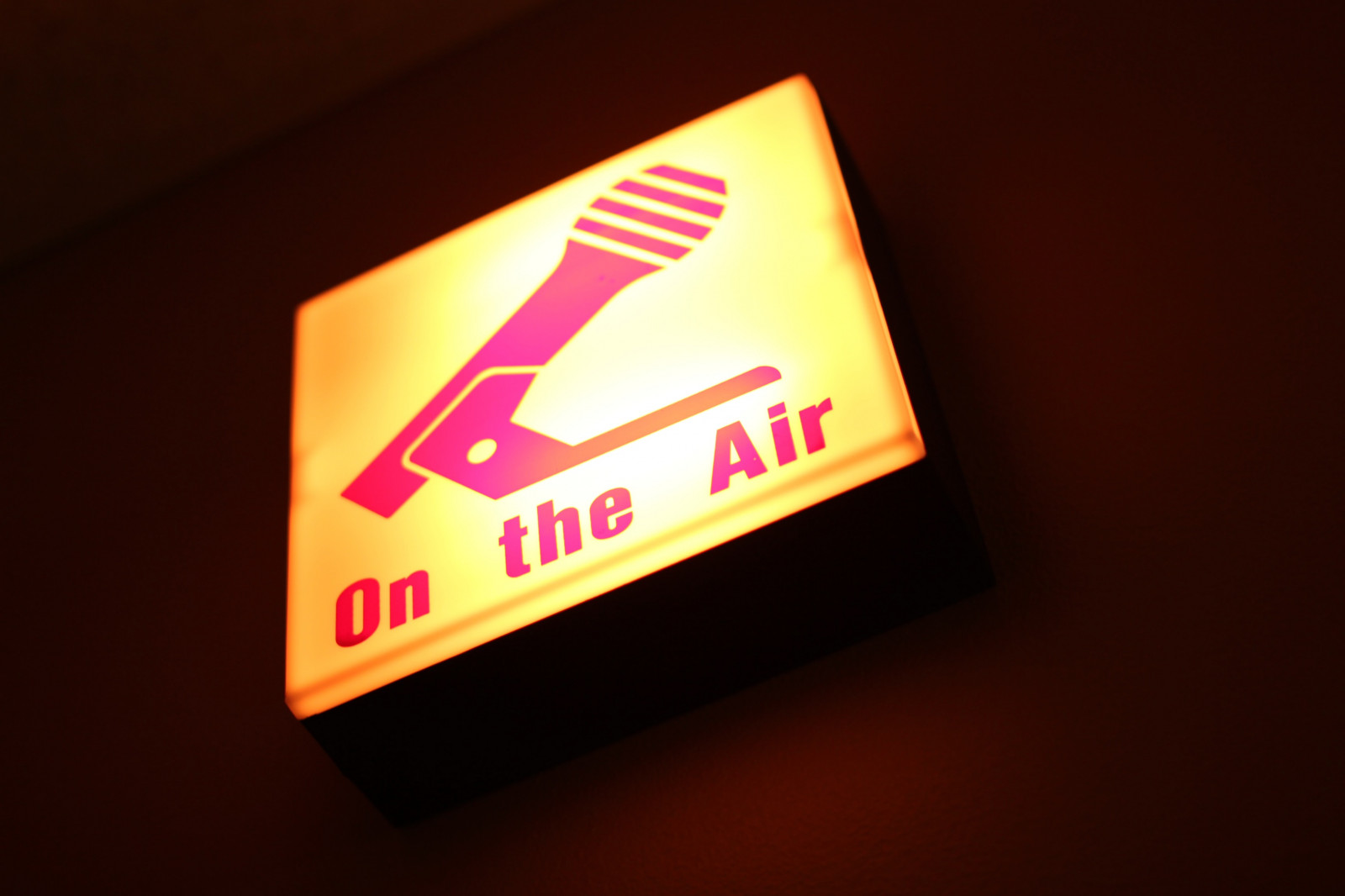As Spotify joins the live audio shutdown, can Amp and Spaces get it right?

Photo: Jacob Hodgson

On the heels of cancelling several live audio shows, Spotify is now entirely shutting down its live audio app Spotify Live. Spotify was one of many major platforms to invest in live audio after Clubhouse kickstarted the craze during the Covid-19 pandemic, and it is not the only company now struggling to resuscitate the format. Facebook closed its live audio rooms and features last year and Reddit shut down Reddit Talk last month. Regarding major platforms, Twitter Spaces and Amazon Amp are the last ones standing. Does live audio have a lifeline?
Spotify’s trial and error in audio
As part of its major push into audio, Spotify acquired Betty Labs — the creator of sports-focused live audio app Locker Room — for more than $60 million in 2021. The company rebranded Locker Room first as Spotify Greenroom, then Spotify Live, and brought on well-known podcast hosts to build appeal. This is in addition to the roughly $1 billion Spotify has spent on podcasting acquisitions. Although these investments have propelled Spotify to one of the top podcast platforms, it is now implementing a series of layoffs and podcast show cancellations amid the economic downturn. Given these realities, and Spotify Live’s reported measly 670,000 downloads, it is unsurprising to see Spotify shut it down.
However, as MIDiA previously noted, live audio has always had more value as a product feature rather than a standalone product. While Spotify Live no longer exists as a separate app, Spotify executives suggested that they would continue to integrate live audio into Spotify where it makes sense – such as to host music listening parties for artists and fans. Why does this make sense? Because it serves an existing need (artist-fan interaction) and gives live audio participants something to gather around.
Featured Report
MIDiA Research 2026 predictions Change is the constant
Welcome to the 11th edition of MIDiA’s annual predictions report. The world has changed a lot since our inaugural 2016 edition. The core predictions in that report (video will eat the world, messaging apps will accelerate) are now foundational layers of today’s digital economy.
Find out more…Live audio needs something to gather around
Live audio makes more sense as a feature than standalone product because people need something to talk about. Throwing people in a virtual room and hoping a conversation materialises worked during lockdown. But now, live audio products have a better chance at success if they help create channels for conversations that are already happening around content. Amazon Amp and Twitter Spaces might just have a shot at this.
Amazon Amp is a music-focused live audio app that empowers users to be DJs. On the app, all kinds of users — from fans to successful artists like Lil Yachty — host DJ sets where they talk about the music and can take call-ins from listeners, allowing for a new form of content creator that puts music at the centre. Amazon could also leverage this app in the listening party space to compete with Spotify’s offering. However, this app could benefit from being integrated into Amazon Music, similar to TIDAL’s launch of its own live DJing feature. It is also competing with niche but already-established platforms like live radio and music streaming service Stationhead, which raised $12 million last year in funding.
On the other hand, Twitter Spaces can host a variety of conversions ranging from news to entertainment that can be hosted by company executives or regular Twitter users. This fits naturally on an app that is already focused on sharing thoughts and having conversations, allowing users to expand when 140 characters is insufficient. This allows for a whole variety of creators beyond just music to host spaces for their followers. Moreover, it is seamlessly integrated into Twitter’s platform and users can set calendar reminders for upcoming spaces, helping make live audio more discoverable. Despite these strengths, neither company is immune to the economic environment, as Amazon laid off half its Amp staff and Twitter’s Elon Musk takeover has put its live audio future in question. With these platforms, live audio can find opportunities to grow but, much like other overhyped lockdown entertainment, finding the right fit will take time.

The discussion around this post has not yet got started, be the first to add an opinion.